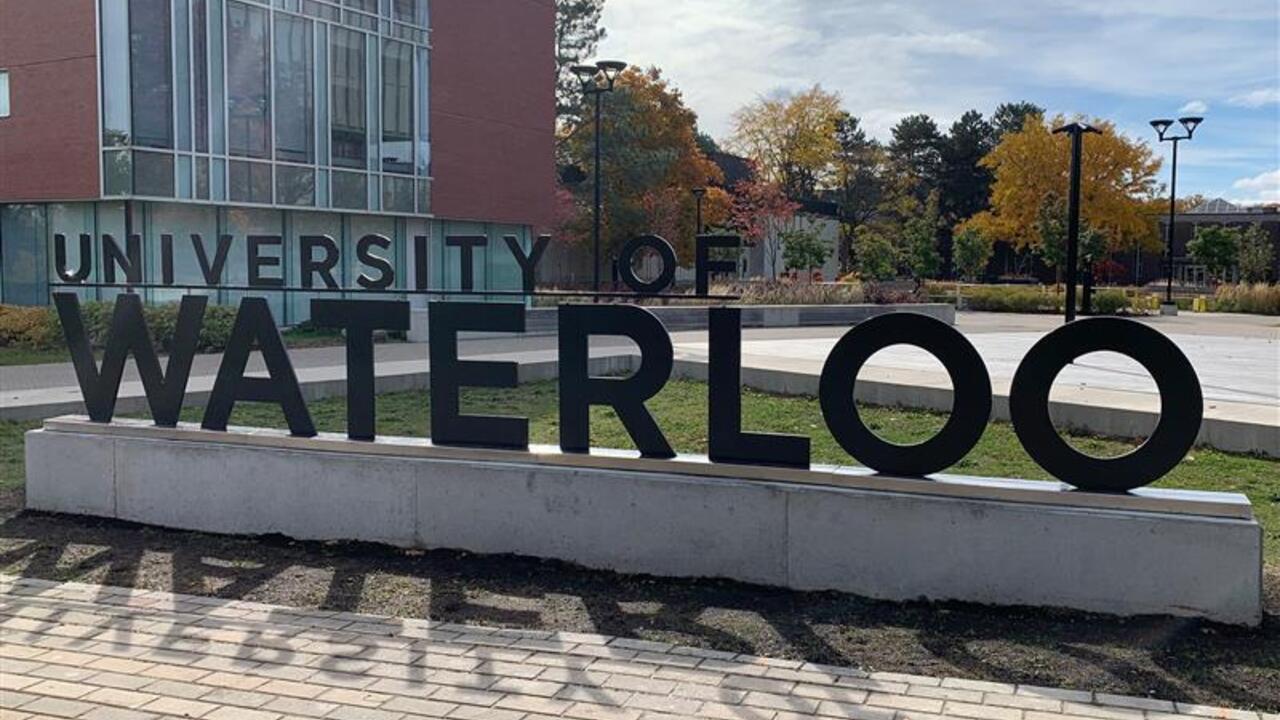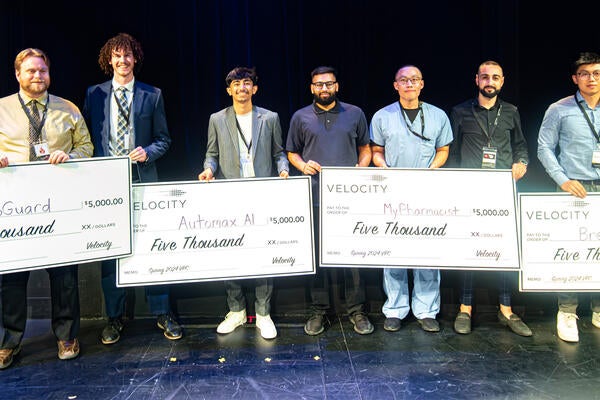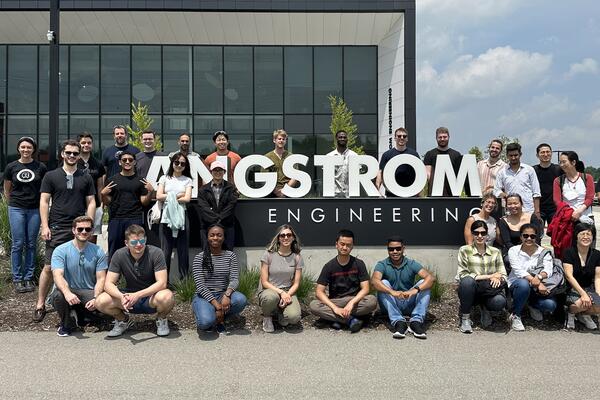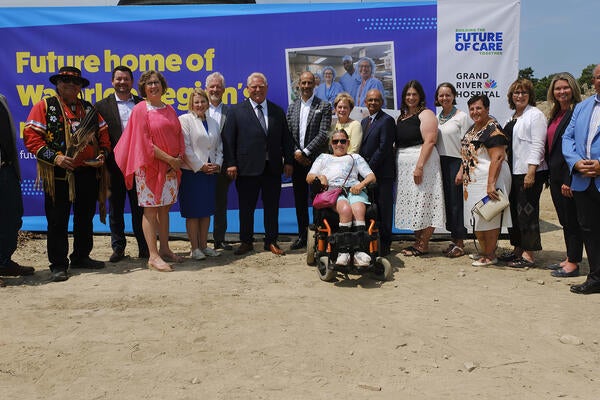
Expert: Use of flavoured tobacco among youth
Professor Steve Manske is available to speak to the media on a new report on the use of flavoured tobacco among Canadian youth.

Professor Steve Manske is available to speak to the media on a new report on the use of flavoured tobacco among Canadian youth.
By Media RelationsProfessor Steve Manske from the University of Waterloo is available to speak to the media on the Canadian Cancer Society’s new report on the use of flavoured tobacco among Canadian youth.
Professor Manske can also address the various provincial releases related to the national release, such as those from the Ontario Campaign for Action on Tobacco and Campaign for a Smoke-Free Alberta.
A research associate professor in the Faculty of Applied Health Sciences and senior scientist with the Propel Centre for Population Health Impact at Waterloo, Professor Manske analyzed data from the national Youth Smoking Survey for the report.
“These robust data highlight the disturbing role flavoured tobacco products play in hooking Canadian youth," he said. "Closing the loopholes in existing legislation is critical to the health of our nation. An alarming proportion of youth tobacco users consume flavoured products.”
Professor Steve Manske can be reached at 519-888-4518 or manske@uwaterloo.ca.

Read more
Velocity pitch competition winners share exciting startup ideas using artificial intelligence and deep tech, showcasing creativity and entrepreneurial prowess

Read more
International researchers gather at Waterloo for a “summer school” in advanced 2D materials

Read more
The new development will serve as a hub for health-care innovation, enhancing services through the merger of Grand River and St. Mary’s hospitals
The University of Waterloo acknowledges that much of our work takes place on the traditional territory of the Neutral, Anishinaabeg, and Haudenosaunee peoples. Our main campus is situated on the Haldimand Tract, the land granted to the Six Nations that includes six miles on each side of the Grand River. Our active work toward reconciliation takes place across our campuses through research, learning, teaching, and community building, and is co-ordinated within the Office of Indigenous Relations.